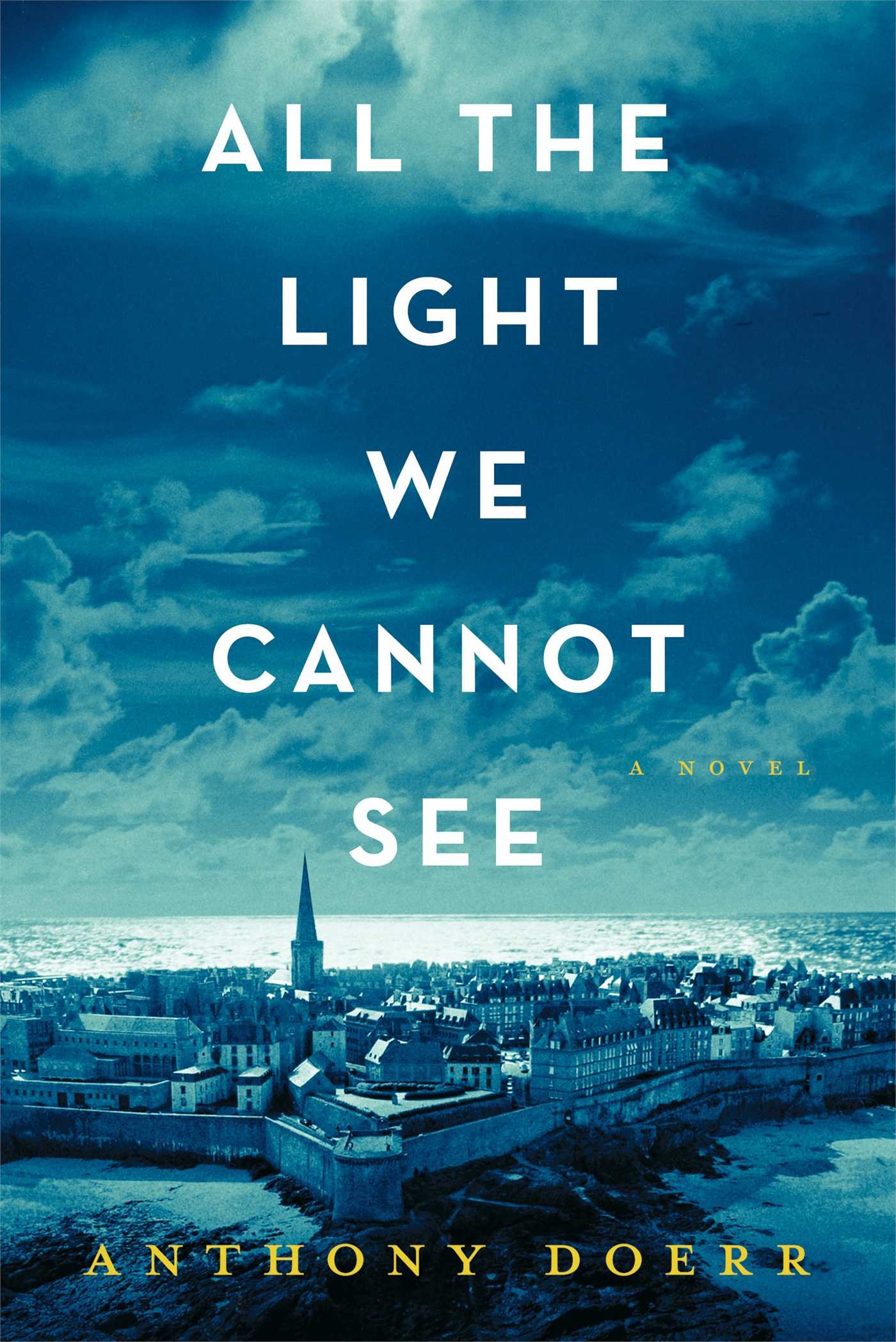In roughly our time, after failing to save the life of an actor who collapses on stage, a trainee paramedic in Toronto receives a phone call from his doctor buddy at the hospital, telling him to lock himself in with some bottled water: a passenger from Russia has landed and is spreading a flu-like virus with a super-fast incubation period and nearly 100% transmission rate.
Twenty years later, civilization has collapsed. There is no electricity, no internal combustion engine, no modern medicine. In the Great Lakes region of North America, a group of actors and musicians walks along the abandoned road, bringing art and culture to the sparse settlements of survivors. Their motto is taken from Star Trek: Voyager: Survival is Insufficient.
Continue reading Station Eleven
I may be the only person in the world that didn’t adore this book. I mean, I liked it. I thought it was very good, especially for a debut. But it didn’t grab me by the throat and declare its understated majesty or anything. I picked it up, I read it, I admired it, I put it down again. I went on with my life.
Part of the problem may be that the title is so, so boring. Broadly speaking, I think it’s a cop-out to use the name of a character in the title of a book, and an author who does it will often have to work twice as hard to get me to pay attention. Charlotte Bronte (Jane Eyre), Austen (Emma), Flaubert (Madame Bovary), and Dostoyevsky (Anna Karenina) are all guilty of it, and don’t even get me started on Dickens (David Copperfield, Nicholas Nickleby, and Barnaby Rudge, off the top of my head). I give Wodehouse a free pass for some reason because Jeeves in the context of a title feels less like a character and more like a manifestation of the collective unconscious; but I put off reading Villette for ages before I realised it was the name of a town, not a person (though that’s almost as bad).
Continue reading The Turner House
Another publisher churns out another World War 2 novel. Here, we follow the fates of two children, an orphaned German boy and a blind French girl, through the build-up to war and into its consequences.
Continue reading All the Light We Cannot See


